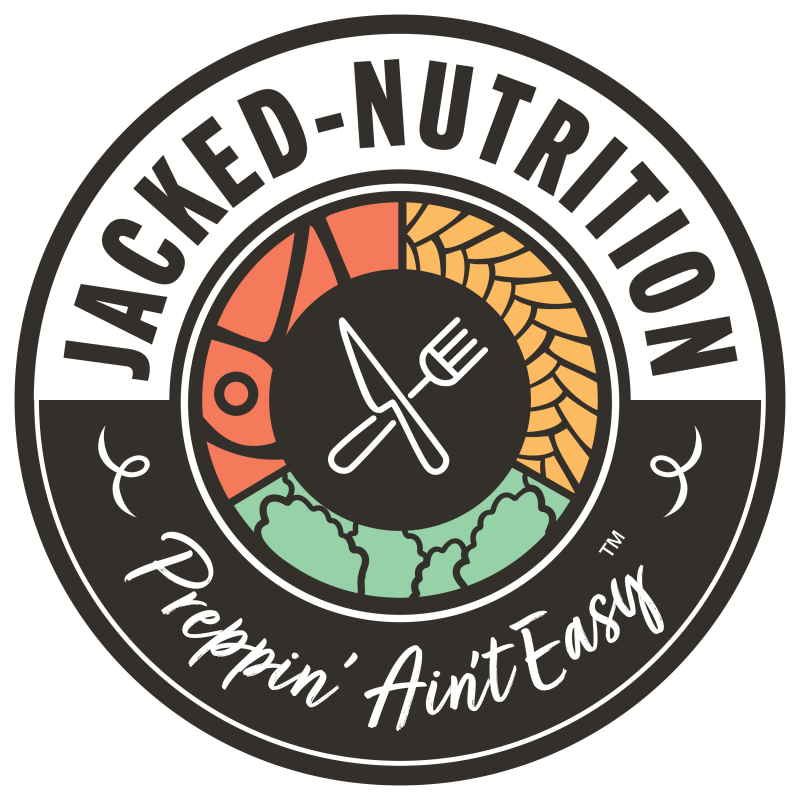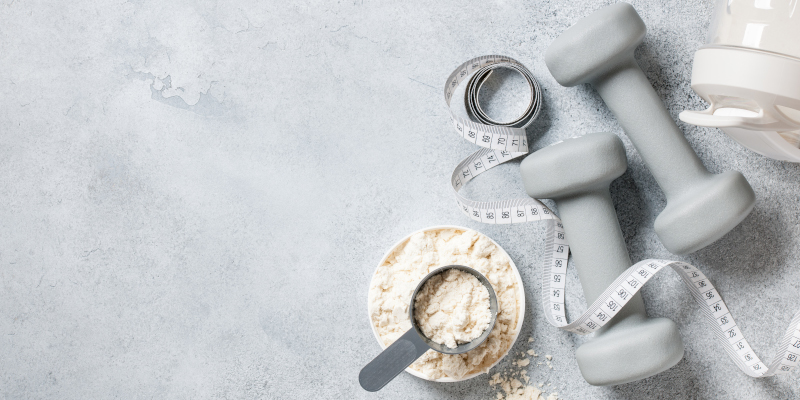Food 4 Thought
How Powerful is Protein?
Nobody wants to stay in the ICU, but if you do, it’s important to be on the road to recovery as soon as possible. New research may suggest nutrition has a lot to do with your timeframe for recovery. Protein is now being studied to try and understand its important role in health and muscle mass for recovering patients.
Because ICU patients are likely to be sedentary, muscle mass can deplete at shocking rates – up to 2.2 pounds a day during the acute stages of an illness. Some doctors have seen their patients lose so much strength that they are unable to walk during recovery. Studies have shown that this muscle depletion is a predictor of long-term impairment. This is where protein comes in. By feeding these muscles with a high protein diet, there is early evidence in some studies that the rate of atrophy can be slowed, leading to a quicker recovery.
The research is still new, as we’re still unsure of the differences in building muscle between athletes and critically ill patients. Nutrition is notoriously difficult to study, as its effects are slower and less obvious as opposed to the effects of a pill. However, the tide is changing. A 2019 report from Harvard University is calling for better education about nutrition during medical training. The mindset seems to be shifting on the role of nutrition in medicine, and a steady intake of high-quality protein seems to be on the bleeding edge of this new approach.
The research is still new, as we’re still unsure of the differences in building muscle between athletes and critically ill patients. Nutrition is notoriously difficult to study, as its effects are slower and less obvious as opposed to the effects of a pill. However, the tide is changing. A 2019 report from Harvard University is calling for better education about nutrition during medical training. The mindset seems to be shifting on the role of nutrition in medicine, and a steady intake of high-quality protein seems to be on the bleeding edge of this new approach.


